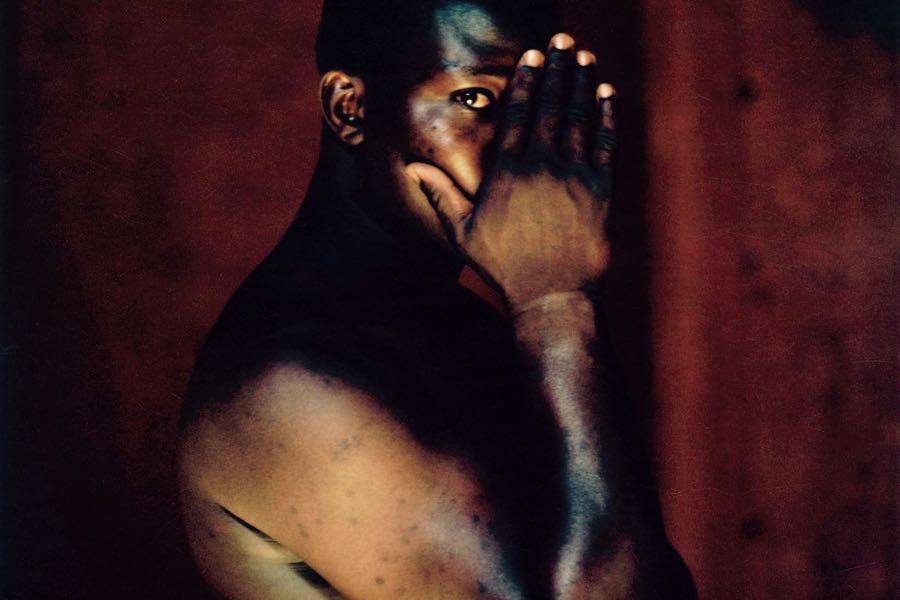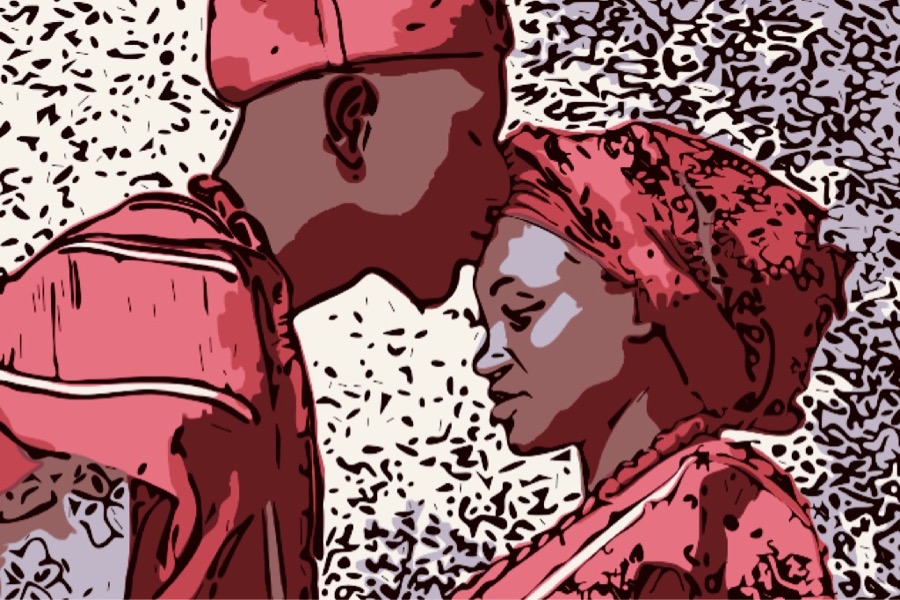An African guy arrives in Italy after many adversities. He asks for asylum but it is denied. It happens on a daily basis, for many different reasons. Often the applicant is not eligible because he does not risk persecution in his native country, nor from religious groups neither from various associates. Perhaps, the decision can seem cruel but the process is endorsed by the convention of Geneva [UNHCR], and asylum requests are submitted for very different reasons than longing for something new or pursuing better financial situations.
In many cases the application is denied based on a committee evaluation who are taking under advisement many factors: reliability, country political circumstances, risk of persecution, or even the omission of facts. Although, it can appear contradictory, some applicants might omit certain details: but why should a person exclude useful details that could help to obtain asylum more easily?
The silent persecution
We’ll try to answer this question by illustrating the case of Chinonso, a 26 years old Nigerian guy from Enugu who has been helped by the Milan organization Le Rose di Gertrude (Gertrude’s Roses). Many Africans requesting asylum do not know about the current legislation supporting LGBTQIA rights. Young men, like Chinoso, who suffered oppression due to their sexual orientation are often unaware that in Italy homosexuality is not illegal, hence their secrecy.
Chinoso carries a intangible proof of said persecution. He carries a Nigerian Tribune’s article, about him and his friends, from June 10, 2014: “Homosexuality: Nigerian Police looking for 4 men gang”. The newspaper published clearly visible photos of all of them, along with their full names, and even mentioned a reward if the alleged homosexual “felons” were captured. Yet, Chinoso does not fully state his homosexuality, making it ground for asylum denial.
Chinose lost his parents and family after the story became public. He moves to Biella, Italy, where he meets his partner (another Nigerian guy). They move in together, and they both start getting involved with LGBTQIA groups.
The denied right to asylum
In Nigeria, the punishment against homosexual acts, including consensual sex behind a private home closed doors, varies between 4 to 14 years of prison. In regions ruled by the extremist group Boko Haram, and where the sharia’s law is applied, the penalty swings between 100 whiplashes to the death sentence. Despite the objective danger, the immigration laws toward individuals coming from Nigeria have taken a more strict approach. The raising number of asylum applications is the most apparent reason. Many applicants are listing their sexual orientation as the reason for living their country, and the case reviewer will have to deal with contradictory or oversimplified accounts, which could be considered fictitious, and therefore leading to application denial.
Moreover, because of the newest Minniti-Orlando legislation approved last April by the Italian Parliament, the asylum applicant’s rights will undergo a drastic change. The decree calls for the abolition of the second instance for asylum seekers who have appealed against a denial, and the abolition of a hearing in front of a Judge. Some of the changes are unconstitutional and an obstacle to Chinoso’s additional review.
Organizations in action
It is very important for LGBTQIA asylum seekers to be followed by people who can rightfully advise them, as they often have been brought to think their sexual orientation is wrong and sinful which is another reason why the forefront work of associations like Le Rose di Gertrude (Gertrude’s Roses) plays a key role.
Sergio Prato, president of the association, explains: “Although, we feel close to all minorities, we have a special investment toward LGBT migrants because many Italian LGBT people have experienced persecution on their own skin. Even though, Italy has never had direct laws against homosexuality, they know what it means to be afraid because of their way of being. As homosexuals, we know what it means to be a minority within an hostile group. This particular condition has even more distressing layers since in addition to the immigrant and homosexual discrimination, there are the racial and religious aspects to consider, which are often heavy factors for intolerance”.
James S., a new Le Rose di Gertrude activist, added: “We are really concerned for our friend Chinoso who will need to stand in front of the judge, in Turin, for the third time. We gathered new depositions and uncovered serious accusations deriving from his country thanks to the Nigerian Tribune article”.
Michele
translation by Barbara Burgio
©2017 Il Grande Colibrì




